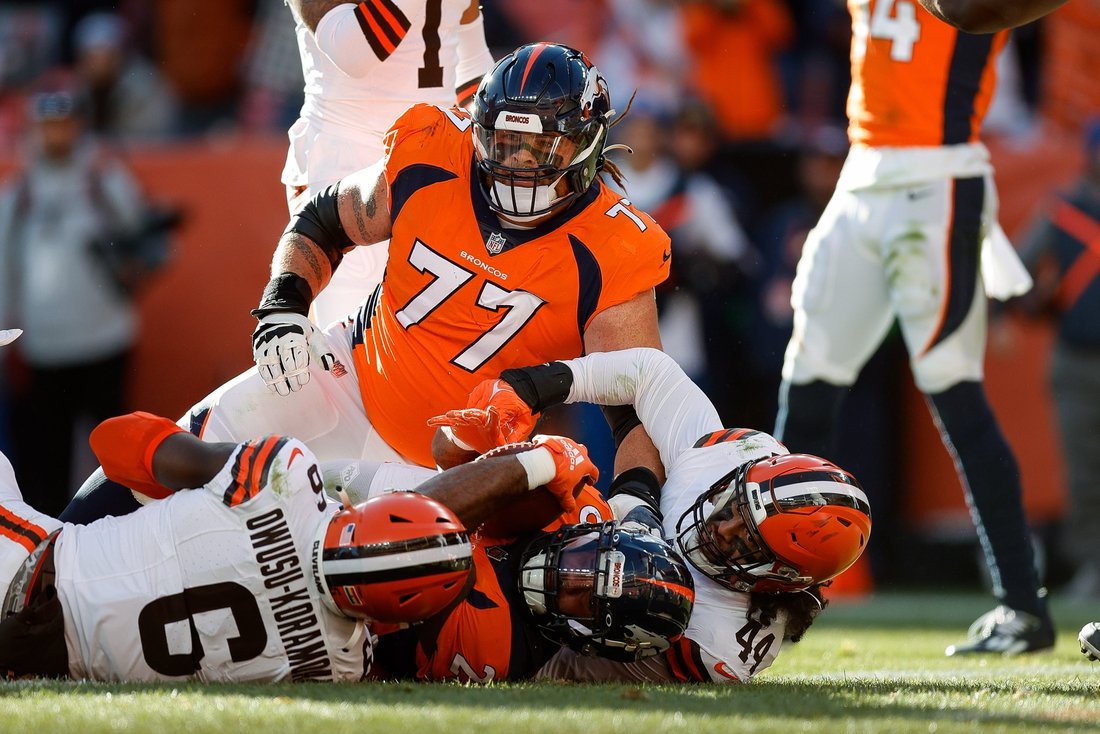The Oakland A’s recently made headlines by requesting $380 million in public funding for their new stadium on the Las Vegas Strip. However, it seems that they are not the only team with audacious demands. The Kansas City Royals are now asking for a new stadium, claiming that their current home, Kauffman Stadium, is too old and run down to be renovated. Not only do they want public funding for the new stadium, but they also want the taxpayers to foot the bill for additional businesses that will generate revenue for the team’s owner, John Sherman.
It is worth noting that both Fenway Park and Wrigley Field, two of the most iconic and beloved stadiums in all of Major League Baseball, have been successfully renovated despite being built in 1912 and 1914, respectively. Kauffman Stadium, on the other hand, was only opened in 1973. So why is it that the Royals insist on building a new stadium instead of renovating their current one?
The answer may lie in the fact that John Sherman is worth over a billion dollars and is the founder and CEO of an energy company that merged with another in 2013 to become one of the biggest in North America. The new stadium complex the Royals want to build will cost around $2 billion and includes not just a park, but also a hotel, a conference center, and various entertainment venues. It seems that Sherman sees this as an opportunity to further enrich himself at the expense of the Kansas City residents.
The Royals recently released renderings of what the new stadium would look like, which usually generates positive press and excitement from the locals. While the new stadium may look great on paper, not everyone is thrilled about it, especially the small businesses that currently occupy the space where the Royals want to build. The proposed location is in the Crossroads district, known for its arts and entertainment scene. This means that several small businesses, including a church, would be forced to close and make way for the new stadium.
Business owners in the Crossroads community are urging Jackson County residents to vote against the ⅜-cent sales tax that would fund the Royals’ and Chiefs’ stadium projects for the next 40 years. They argue that there are other locations available that would not disrupt existing businesses. The lack of communication from the Royals about how these businesses would be affected has created a sentiment of mistrust among the community.
If business owners refuse to sell their properties, the city could invoke eminent domain to force them to sell. This would allow the government to seize private property and convert it into a public use. Unfortunately, this is not an uncommon practice when it comes to building sports stadiums. Arlington, Texas, used eminent domain in 2005 to make way for AT&T Stadium, and New York City did the same in 2006 to build Barclays Center.
The argument that sports stadiums benefit the local community in terms of job creation and revenue has been debunked by economists. Studies have shown that stadiums do not generate more revenue than the communities put into them. The jobs created by stadiums are often low-paid, seasonal, and few in number. The prevailing idea of “socializing the costs and privatizing the profits” is harmful and unfair to the taxpayers who end up funding these stadiums.
The notion of taxpayers funding stadiums that only serve to further enrich billionaire sports owners is abhorrent. Using governmental powers like eminent domain to seize businesses that people have poured their hearts and souls into is downright unAmerican. It is essential that the residents and public officials of Kansas City do not fall for these demands and prioritize the well-being of their community over the financial interests of a billionaire owner.





